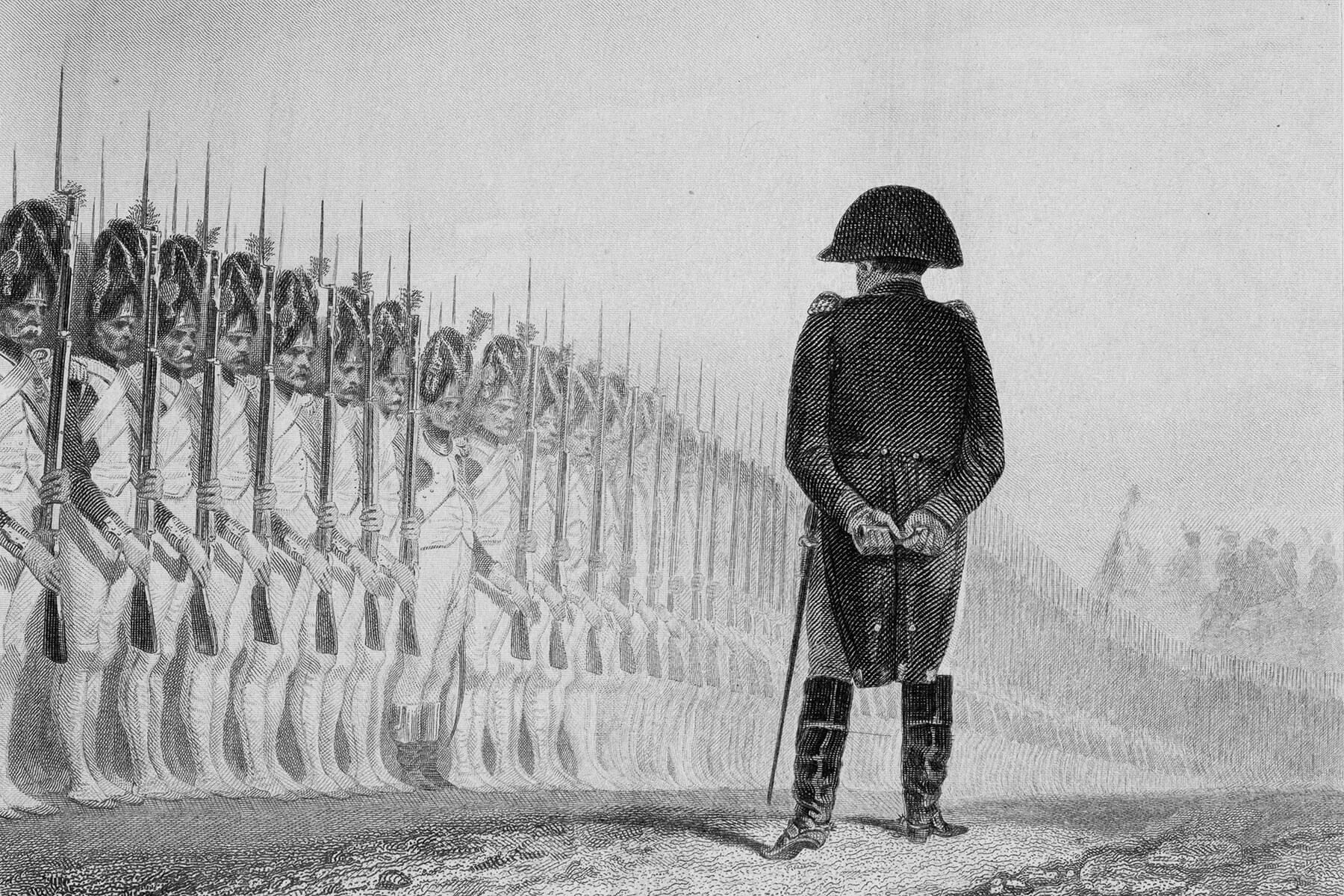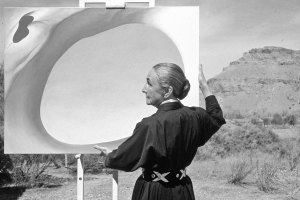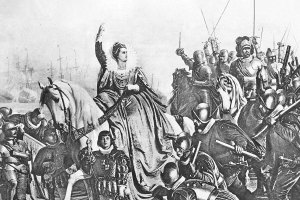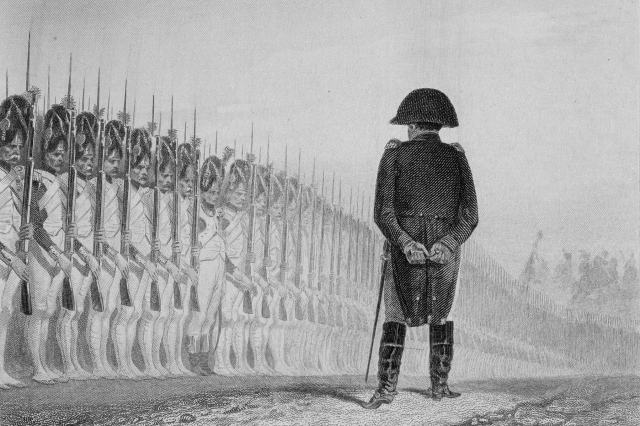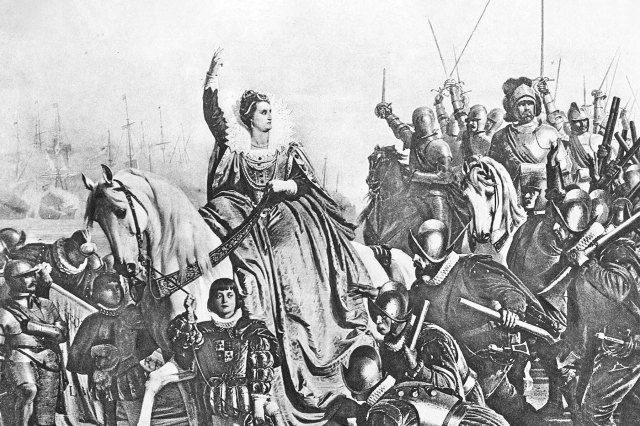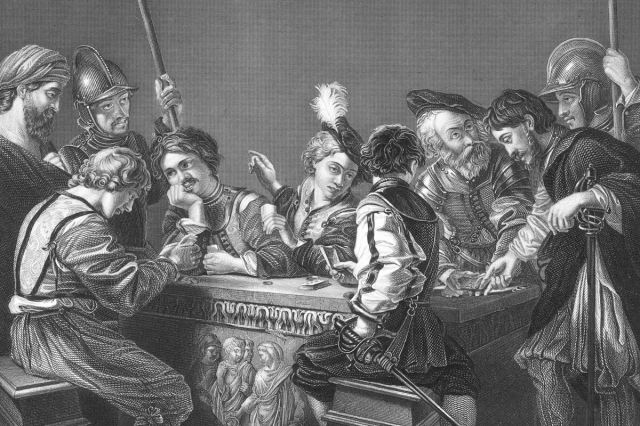6 History “Facts” That Aren’t Actually True
Those who fail to learn from history are doomed to repeat it, but what about those who think they’re learning history but are actually reading myths? A number of well-known historical anecdotes are either exaggerated or completely false, making the task of discerning fact from fiction all the more difficult. From apocrypha to popular misconceptions, here are six historical “facts” that aren’t true.
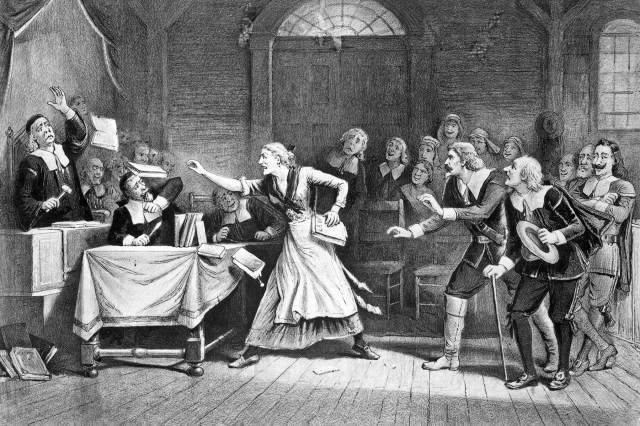
Myth: People Were Burned at the Stake During the Salem Witch Trials
Though 20 different people were indeed convicted of witchcraft during the infamous Salem hearings of 1692 to 1693, none of them were burned at the stake. Nineteen of them — 14 women and five men — were hanged, five died in jail, and one man was pressed to death with stones after refusing to enter a plea. The confusion stems from the fact that those found guilty of witchcraft in Europe (where it was treated as heresy) were burned at the stake. “Burning was supposedly a way to purify the convict, and also as a threat to uncover conspiracies,” according to The Salem Witchcraft Trials: A Legal History author Peter Hoffer. Hanging them, meanwhile, was punitive.

Myth: Cleopatra Was Egyptian
Though she ruled over Egypt as its last pharaoh and was born in the ancient kingdom, Cleopatra wasn’t ethnically Egyptian. As part of the Ptolemaic dynasty, she was actually a Macedonian Greek believed to have descended from one of Alexander the Great’s generals. Her name came from the ancient Greek Kleopátra (Κλεοπάτρα), meaning “honor of the father” or “glory of her father.” She was, however, the first of her line to learn the Egyptian language and is known to have made other efforts to embrace her subjects’ customs.





